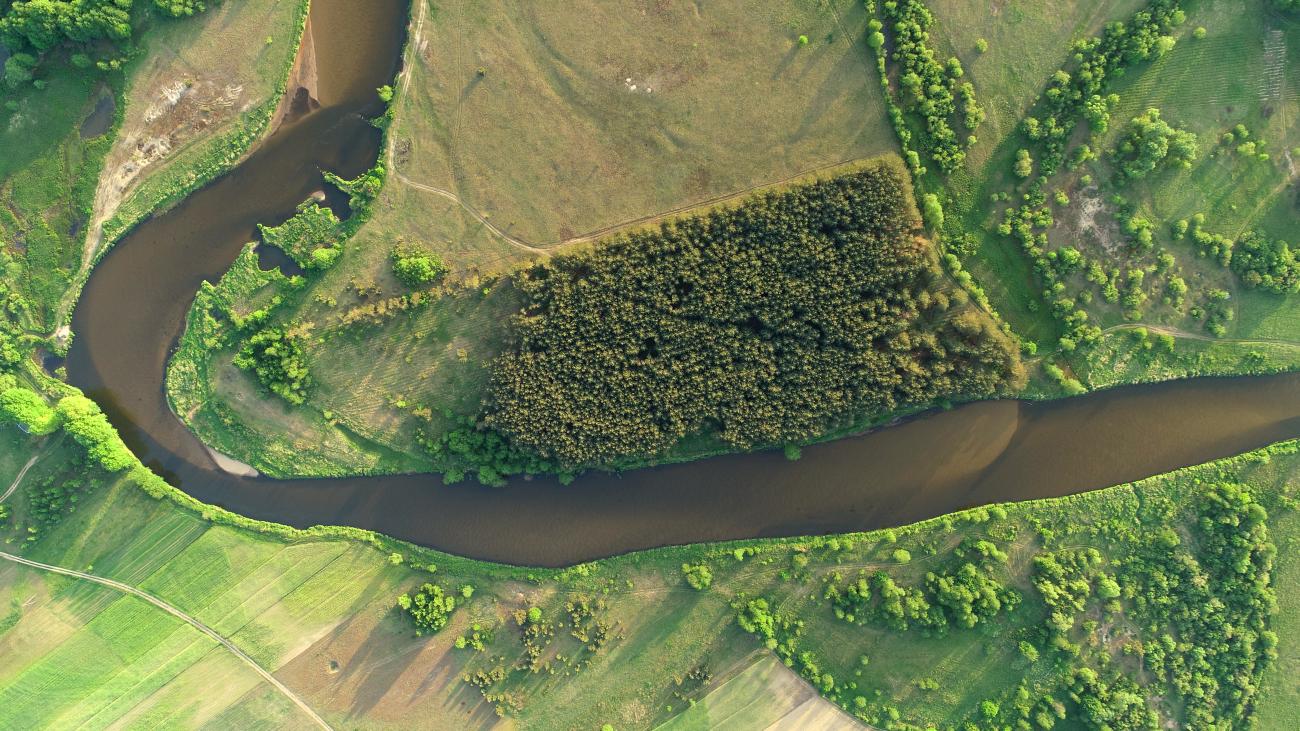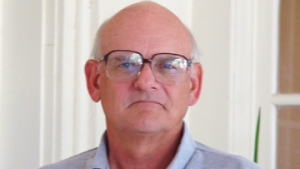The Anthony J. Brazel Research Award is a student paper competition for Geography and GIS PhD students in the School of Geographical Sciences and Urban Planning (SGSUP). The award, established in 2007, recognizes outstanding work on graduate research and honors Professor Brazel's career and leadership of ASU's Department of Geography and School of Geographical Sciences and Urban Planning. The award will be presented at the school's annual awards event.
Eligibility:
- All Geography and GIS PhD students in the School of Geographical Sciences and Urban Planning who have not yet advanced to candidacy. Prior recipients of the Brazel Research Award are not eligible.
- Co-authored papers are acceptable providing the student is the lead author.
- The paper does not need to be published or under review to be considered for the award.
- Published papers must have appeared no earlier than the year previous to the award consideration (e.g., 2025 award and 2024 publication date).
- Papers must be in a journal style and 5000 words or less (not counting tables, references, etc.).
- Papers are due on March 1.
Application instructions:
Submit paper and unofficial ASU transcript as a single PDF file to [email protected] no later than March 1. Please use the following naming convention for your application file: Award - last name, first name (ex. Brazel Research Award - Smith, John). When submitting, please copy and paste the name of your file into the subject line of your email.
Only complete applications submitted in accordance with the instructions will be considered by the awards committee. It is the responsibility of each applicant to ensure their application is complete and formatted as required. And please remember - if the scholarship for which you’re applying requires a letter of support from a faculty member, please let them know as soon as possible to ensure they have time to complete it.
Award amount:
Awards up to $1000 will be given.
Award Recipients:
| 2024-2025 | Alamin Molla, "Exploring air temperature variability and socio-demographic inequalities in heat exposure through machine learning: A case study of Maricopa County, Arizona" |
| 2023-2024 | Hyunho Lee, "Improving Interpretability of Deep Active Learning for Flood Inundation Mapping Using Multispectral Satellite Imagery Through Class Ambiguity Indices" |
| 2022-2023 | Gisel Guzman-Echavarria, "Beyond heat exposure - new methods to quantify and link personal heat exposure, stress, and strain in diverse populations and climates: The journal temperature toolbox" (Ariane Middel & Jennifer Vanos) |
| 2021-2022 | Garima Jain, "Lessons from Nine Urban Areas using Data to Localize Sustainable Development" |
| 2020-2021 | Aldo Brandi, "Influence of Projected Climate Change, Urban Development and Heat Adaptation Strategies on End of 21st Century Urban Boundary Layers Across the Conterminous US" (Aldo Brandi, Ashley M. Broadbent, Scott E. Krayenhoff, and Matei Georgescu) |
| 2019-2020 | Mehak Sachdeva, "Multiscale Hedonic House Price Modeling: An Approach Incorporating Spatial Non-stationarity"(Mehak Sachdeva, Stewart Fotheringham, and Ziqi Li) |
| 2018-2019 | Matthew Conway, "Trends in Taxi Use and the Advent of Ridehailing, Ziqi Li, "Fast Geographically Weighted Regression (FastGWR): a scalable Mary Wright, "Addressing the Implications of Carbon Dioxide as an Indoor |
| 2017-2018 | Jordan P. Smith, "Obesity in the Phoenix Metropolitan Area: An examination of conventional indicators through geographically weighted regression" (co-authors T. M. Oshan and A. S. Fotheringham) |
| 2016-2017 | Riley Andrade, "Seasonality and land cover characteristics drive phid Yujia Zhang, "Optimizing green space locations to reduce daytime and |
| 2015–2016 | Taylor Oshan, “Geographically Weighted Regression and Multicollinearity: Dispelling the Myth” (co-author A. S. Fotheringham) Melissa Wagner, “Revisiting McHarg’s Land Use Suitability in the Wake of Hurricane Sandy: The Need for Urban Sustainability” (co-authors E. A. Wentz, and J. Merson) |
| 2014–2015 | Chelsea Patchen, “Urban nature as spectacle in a desert city” (co-author Chuyuan (Carter) Wang, “Spatio-temporal Modeling of the Urban Heat |
| 2013–2014 | Kevin Kane, "A spatio-temporal view of historical growth in Phoenix, Chao Fan, "A comparison of spatial autocorrelation indices and |
| 2012–2013 | Laura Alvarez, "Erosion of sandbars by diurnal stage fluctuations Karina Benessaiah, "Carbon and livelihoods in post-Kyoto: |
| 2011–2012 | Phillip Larson Scott Warren |
| 2010–2011 | Matthew Pace |
| 2009–2010 | Der-Shiuan Lee |
| 2007–2008 | Ann Fletchall |

